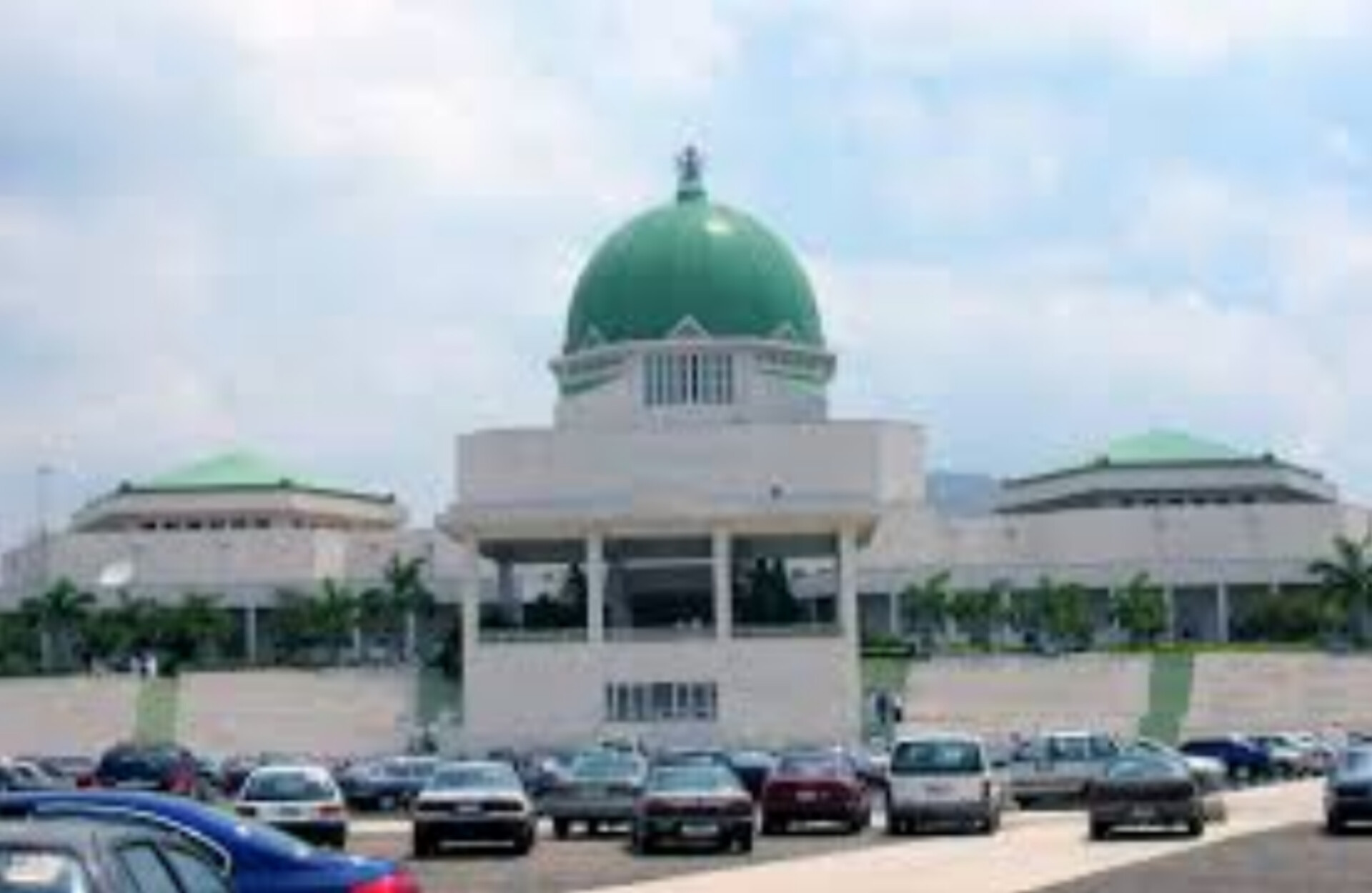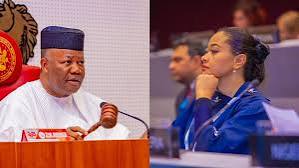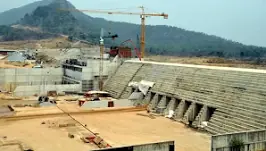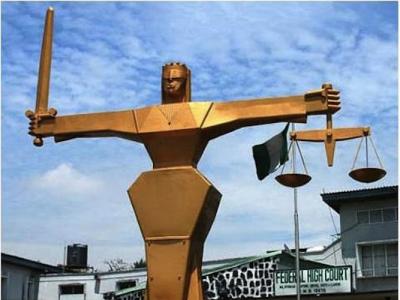By Ehichioya Ezomon
Many Nigerians agreed – and had hoped – that the amended Electoral Act 2022 would be a game changer in terms of its dynamism and innovation to cure obvious lapses in the electoral system, and ensure credibility and transparency of elections.
But as shown in the process, outcome and aftermath of the February-March 2023 General Election conducted by the Independent National Electoral Commission (INEC), a lot of loopholes and wiggle room still exist in the system.
Trust politicians, they’ve exploited these flaws for selfish ends. Even those that’d long shot – or no shot at all – at the offices they vied for, have taken undue advantage of the inadequacies in the electoral law to blame their opponents – and not themselves – for their defeats at the poll.
Particularly excoriated are INEC and the All Progressives Congress (APC) for alleged connivance – that’s largely unproven in courts when the accusers were given opportunities to do so – to deny members of the opposition the reported mandate Nigerians gave to them on poll day.
Hence the refrain, “We will retrieve our ‘stolen mandate’ in court,” which they failed to achieve, as the courts dismissed most petitions and/or appeals as “incompetent and lacking in merit” – judgments that’ve given rise to further allegations of compromise of Judges handling electoral matters.
No court – from the High Court to the Supreme Court – is spared these odious allegations bandied by defeated candidates, their cronies, supporters and political parties because there’re no sanctions – and if there’re, no one has been held to account – for such spurious charges against political opponents, the governing party, Judges and the entire Judiciary.
To the extent that lately, the Chief Justice of Nigeria (CJN), Justice Olukayode Ariwoola, was hard-pressed to urge Judges not to abandon the law for “emotions of the mob” in the consideration of matters before them.
At the swearing-in of 58 new Senior Advocates of Nigeria (SANs) in Abuja, Justice Ariwoola said: “I expect every judicial officer to work very hard and also be very honest and courteous to the litigants, witnesses and members of the bar, and discharge all your judicial functions with all the humility at your command.
“Even while doing this, it is still necessary to have at the back of your minds that public opinions, sentiments or emotions can never take the place of the law in deciding the cases that come before you.
“The law remains the law, no matter whose interest is involved. In all we do, as interpreters of the law, we should endeavour to severe the strings of emotion from logic and assumption from fact.
“We should never be overwhelmed by the actions or loud voices of the mob or crowd and now begin to confuse law with sentiment or something else in deciding our cases.”
Nonetheless, the moves by the National Assembly (NASS) to review the Electoral Act – soon after the courts have put to rest the virulently-contentious February 25 presidential poll – should appease those aggrieved over the fallouts from the elections.
The Chairman, Senate Committee on Electoral Matters, Sharafadeen Alli, on Channels TV’s Sunrise Daily on November 21, hinted about the Senate musing on extensive review of the Electoral Act 2022.
Senator Alli (APC, Oyo South) – affirming that the 2022 Act was a game changer, and yet, not a perfect legislation – listed some areas (for amendments) that drew the ire of the electorate during the 2023 elections.
They include, mandatory conclusion of pre and post-election matters before inauguration of election winners; binding electronic transmission, and upload of results to the INEC Results Viewing (IReV) portal realtime; and conclusion of petitions and appeals before swearing-in of poll winners.
He said: “I must say this, there can not be a perfect legislation. After every legislation, you see gaps and that is when power that is given to the judiciary will tap into this clause.
“We must praise the 9th (National) Assembly under Senator (Ahmad) Lawan (former Senate President) for coming out boldly to pass the Electoral Act; it is the fundamental change in our electoral system.
“BVAS (Biomodal Voter Accreditation System) machine is like a game changer, unlike the Card Reader. When the card reader does not work, we will fill the incident form, and we knew (what voters) used that for. But as soon as you bypass the BVAS this time around, the election is null and void. That is one of the things that we are doing going forward.
“And whatever we say on every legislation, there has been an improvement on the previous ones, and we say things are getting better (even if) there are errors there as well.
“Under the current law, it is not mandatory for INEC to upload (poll results). That is what the courts have said: ‘Enter the law.’
“But as we are going forward, it (upload of results) is going to be mandatory. It is just to ask INEC to make sure we improve our technology and ensure that the thing is there.”
The Senate, in its retreat in Akwa Ibom State in October – which precursored the Lagos retreat by the Joint Committee of the National Assembly on Electoral Matters – set up a committee to attend to electoral reforms in advance of the 2027 polls.
Rising from the three-day Lagos parley, the committee – which demonstrated the seriousness of observed lapses in the Electoral Act, and the importance of remedying them for the 2027 electons – resolved to pursue and conclude the amendments before the end of 2024.
In the course of its deliberations, the committee took cognisance of, and reviewed recommendations from local and international election observers, who elaborated on citizens’ experiences with the 2023 elections.
Areas for amendments include: * The challenge of appointment of non-partisan persons into INEC that hinders its independence and integrity. * Issue of minimum educational qualification of candidates for elective offices. * Conflicts arising from decisions of the courts over pre or post-election matters.
Others are: * The use of BVAS technology in electoral process. * INEC’s recourse to reconfiguring the BVAS machines (wiping prior data) before fresh election. * Lack of clarity in documentary proof of non-compliance with the electoral law. * Operational challenges in INEC as per electoral offences. * Issue of internal democracy that splinters parties, and breeds anti-party activities.
To success in its task, the Joint Committee will carry out extensive consultations with constituents, the public, and other stakeholders, to ensure inclusive participation; collaborate with the NASS Constitutional Review Committee, to address areas of elections that require alteration to the amended 1999 Constitution; and work with technical experts to prioritise and articulate issues for amendment.
The NASS leadership has given the assurance for a timely amendment of the Electoral Act, to enhance transparency and accountability in the electoral processes.
The November 29 commitment comes in Abuja at a “Citizens’ Townhall on Electoral Reform,” organised by Yiaga Africa in collaboration with the Senate and House of Representatives Joint Committee on Electoral Matters.
Senate President Godswill Akpabio said: “For the electoral process, we are committed not only to go along with the people on the call for reforms on electoral framework, but at the same time protect the independence of the electoral commission and restore the trust of the people in the electoral process.
“This administration is ready to work with anyone and everyone that is interested in the progress and development of this nation. This is not only on issues on electoral reform, but also in formulating initiatives and policies that will revamp our economy and put us on the driving seat of industrial and economic advancement.”
Similarly, House of Representatives Speaker Tejudeen Abbas said: “There is no gainsaying the fact that credible elections are the bedrock of any democracy, and Nigeria stands the risk of reversing the gains of the last two decades if we do not fix our elections.
“The 10th House of Representatives is committed to championing legislative initiatives that promote fairness, transparency and accountability in our electoral processes.”
Critics, who, in the wake of the 2023 elections, shredded the entire Electoral Act 2022, have the opportunity now to contribute their quota to making the law a “perfect” one of their dream.
This is as Nigerians, and the global community look forward to the NASS, to translate its zeal, commitment, and timely commencement of reforming the electoral process into enhancing credility and acceptability of our elections.
Mr Ezomon, Journalist and Media Consultant, writes from Lagos, Nigeria





